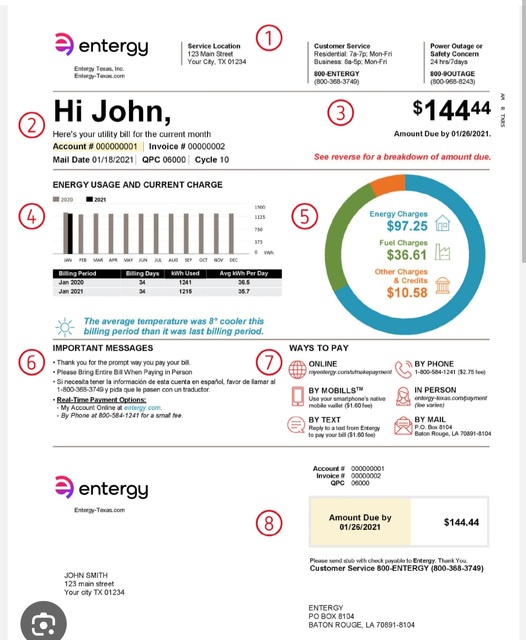
A Guide to Monitoring Your Daily kWh Usage from a Commercial Power Company
In today's world, where energy conservation and efficiency are becoming increasingly important, monitoring your daily kWh (kilowatt-hour) usage from a commercial power company can empower you to make informed decisions about your energy consumption.
Whether you're aiming to reduce your carbon footprint, lower your electricity bills, or simply become more aware of your energy usage patterns, understanding how to check your daily kWh usage is a valuable skill. In this article, we'll explore the steps to effectively monitor your energy consumption and shed light on the tools and methods available to help you along the way.
1. Understanding kWh: Before delving into monitoring, it's crucial to understand what kWh represents. A kilowatt-hour is a unit of energy equivalent to one kilowatt (1 kW) of power expended for one hour. It's the standard unit used by utility companies to measure electricity consumption.
2. Accessing Your Utility Account: The first step in monitoring your daily kWh usage is to access your utility account. Most commercial power companies provide online portals or mobile applications where customers can view their energy usage data in detail. Log in to your account using your credentials to access this information.
3. Viewing Usage Data: Once logged in, navigate to the section that displays your energy usage data. This section may be labeled as "Usage History," "Billing," or something similar. Look for options that allow you to view your daily usage, as well as historical data for comparison.
4. Analyzing Daily Usage: Examine your daily kWh usage to identify patterns and trends. Pay attention to fluctuations in consumption, such as higher usage during certain times of the day or specific days of the week. This analysis can provide insights into your energy habits and areas where you can potentially reduce consumption.
5. Comparing Usage Over Time: Use the historical data provided by your utility company to compare your daily kWh usage over different time periods. Look for changes in consumption and consider factors that may have influenced these variations, such as seasonal changes, changes in occupancy, or modifications to appliances and equipment.
6. Utilizing Energy Monitoring Devices: In addition to the tools provided by your utility company, consider investing in energy monitoring devices for more detailed insights into your energy usage. These devices can track electricity consumption in real-time, allowing you to identify energy-intensive appliances and behaviors.
7. Implementing Energy Efficiency Measures: Armed with knowledge about your daily kWh usage, take proactive steps to improve energy efficiency. This may include upgrading to energy-efficient appliances, optimizing heating and cooling systems, implementing smart home technologies, and adopting energy-saving habits like turning off lights and unplugging devices when not in use.
8. Monitoring Progress: Continuously monitor your daily kWh usage and track your progress towards energy efficiency goals. Regularly reviewing your consumption data allows you to assess the effectiveness of your energy-saving efforts and make adjustments as needed.
9. Seeking Professional Assistance: If you're unsure how to interpret your energy usage data or need guidance on reducing consumption, don't hesitate to reach out to energy experts or professionals. Many utility companies offer energy audits or consultations to help customers optimize their energy usage and save money.
By following these steps and utilizing available resources, you can gain valuable insights into your daily kWh usage from a commercial power company and take meaningful steps towards a more energy-efficient lifestyle. Monitoring your energy consumption not only benefits your wallet but also contributes to a more sustainable and environmentally conscious future.
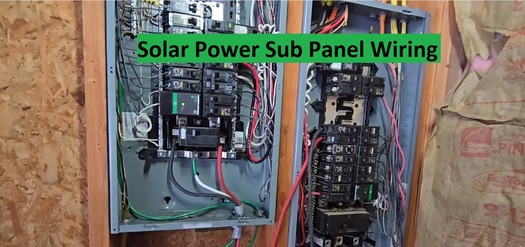
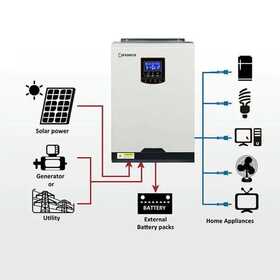
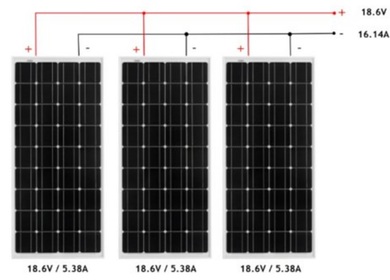

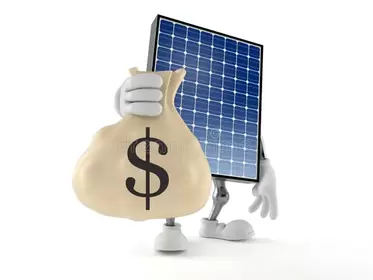
Leave Comment Below